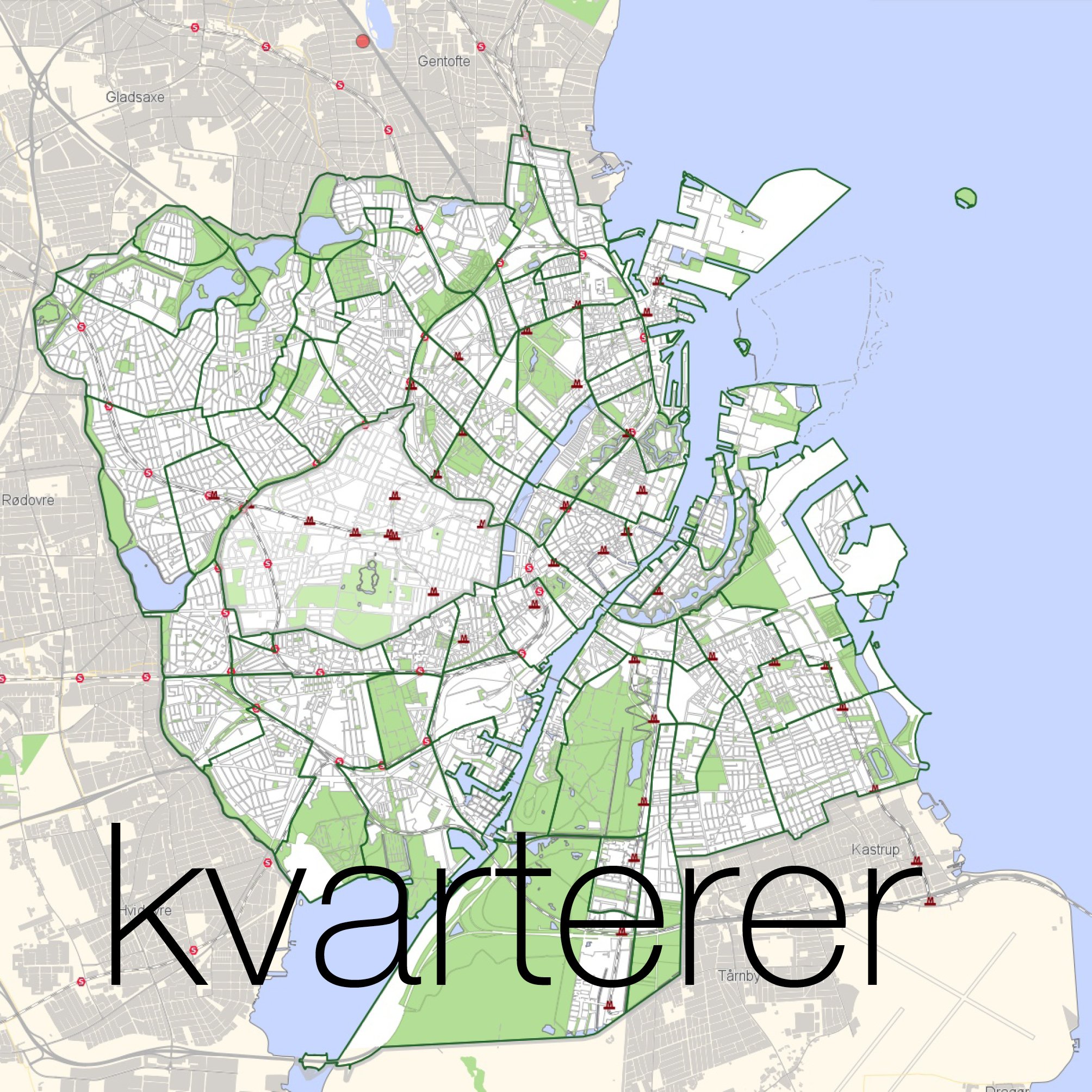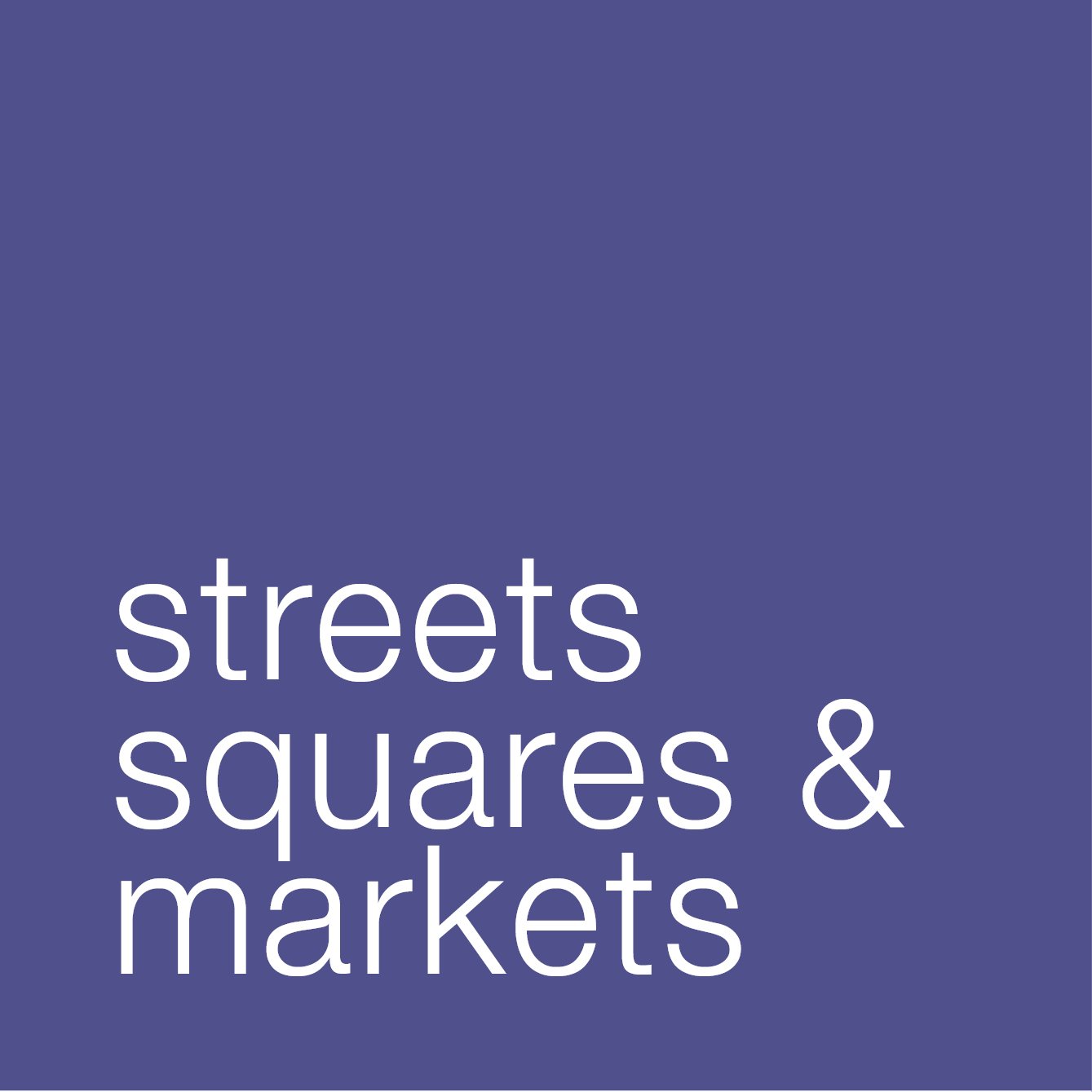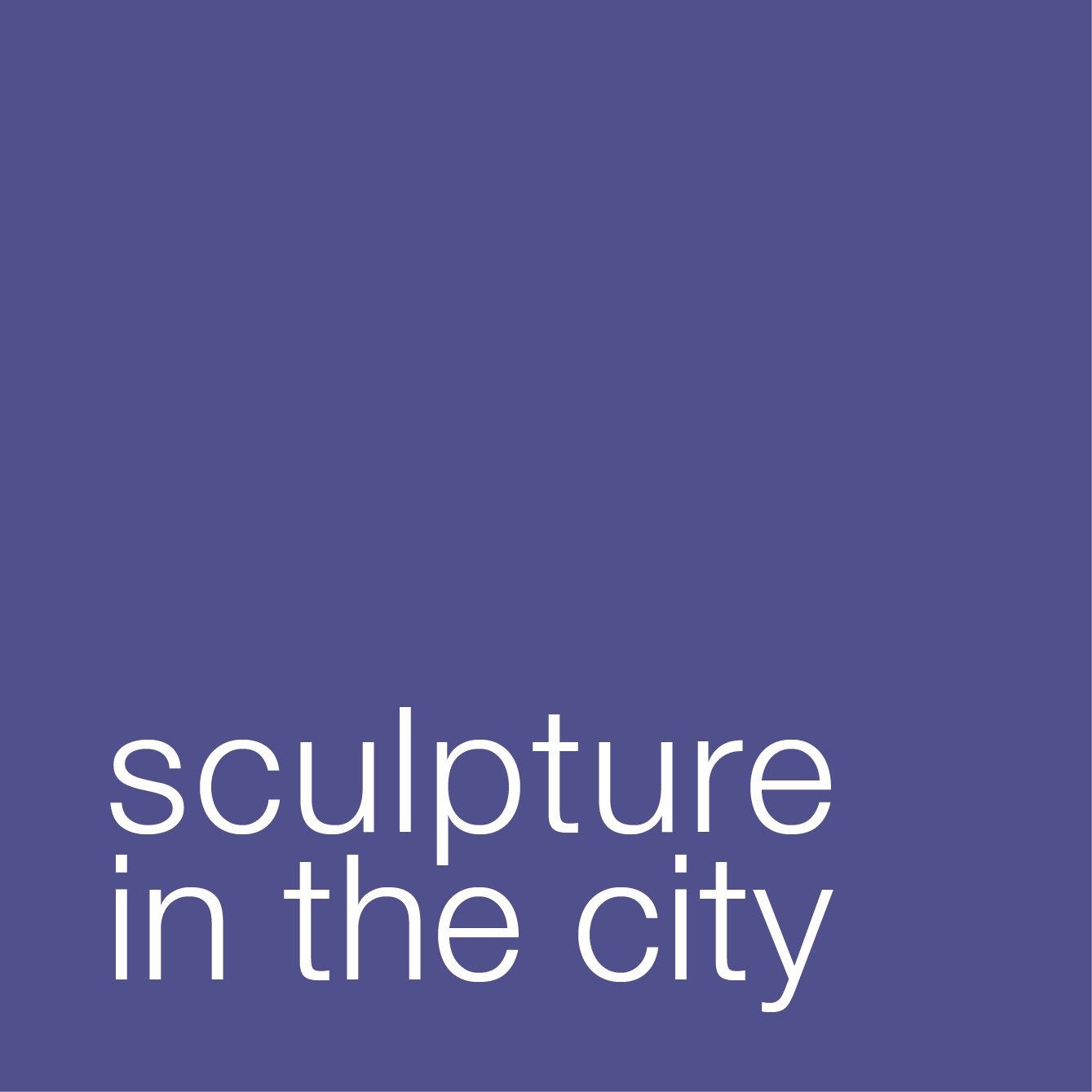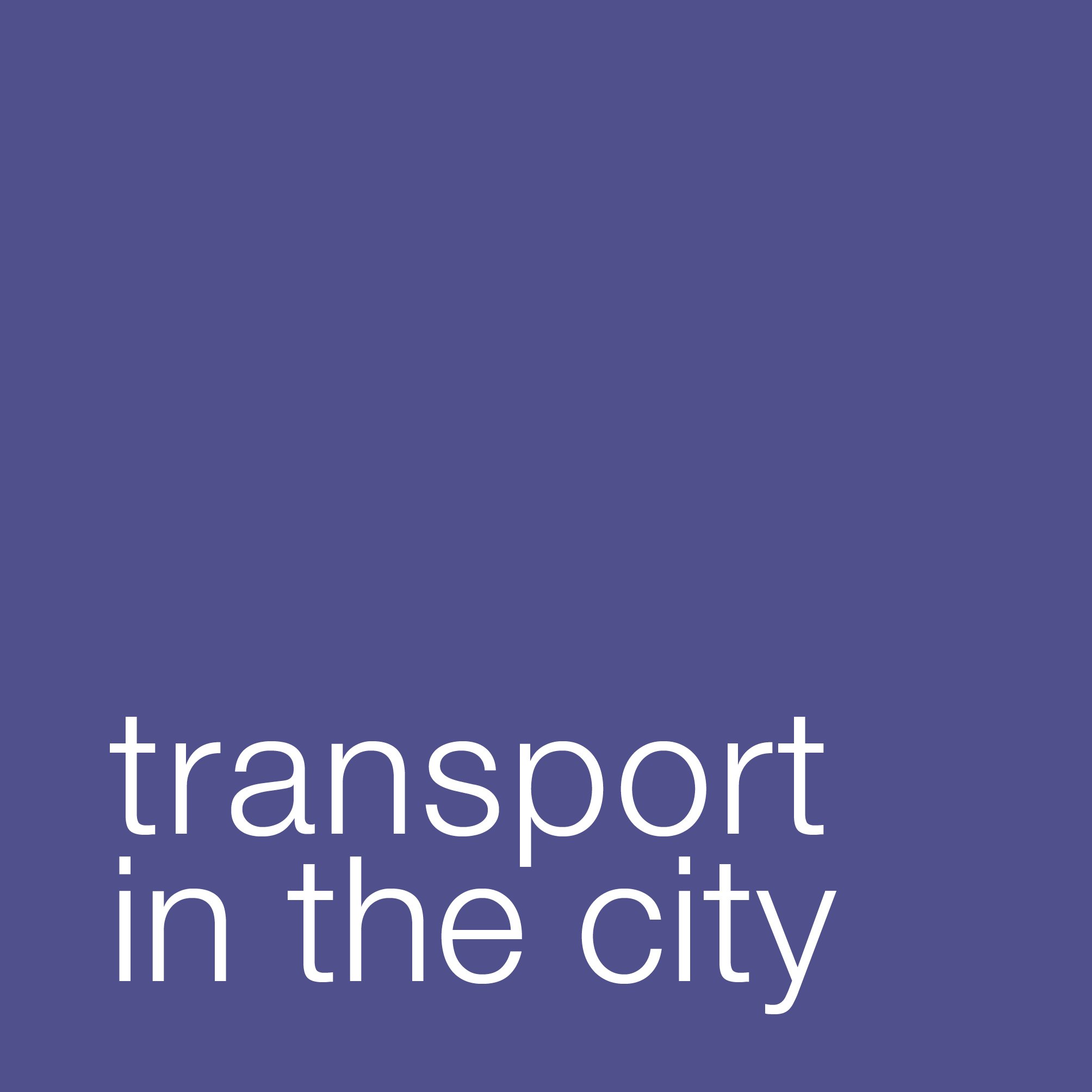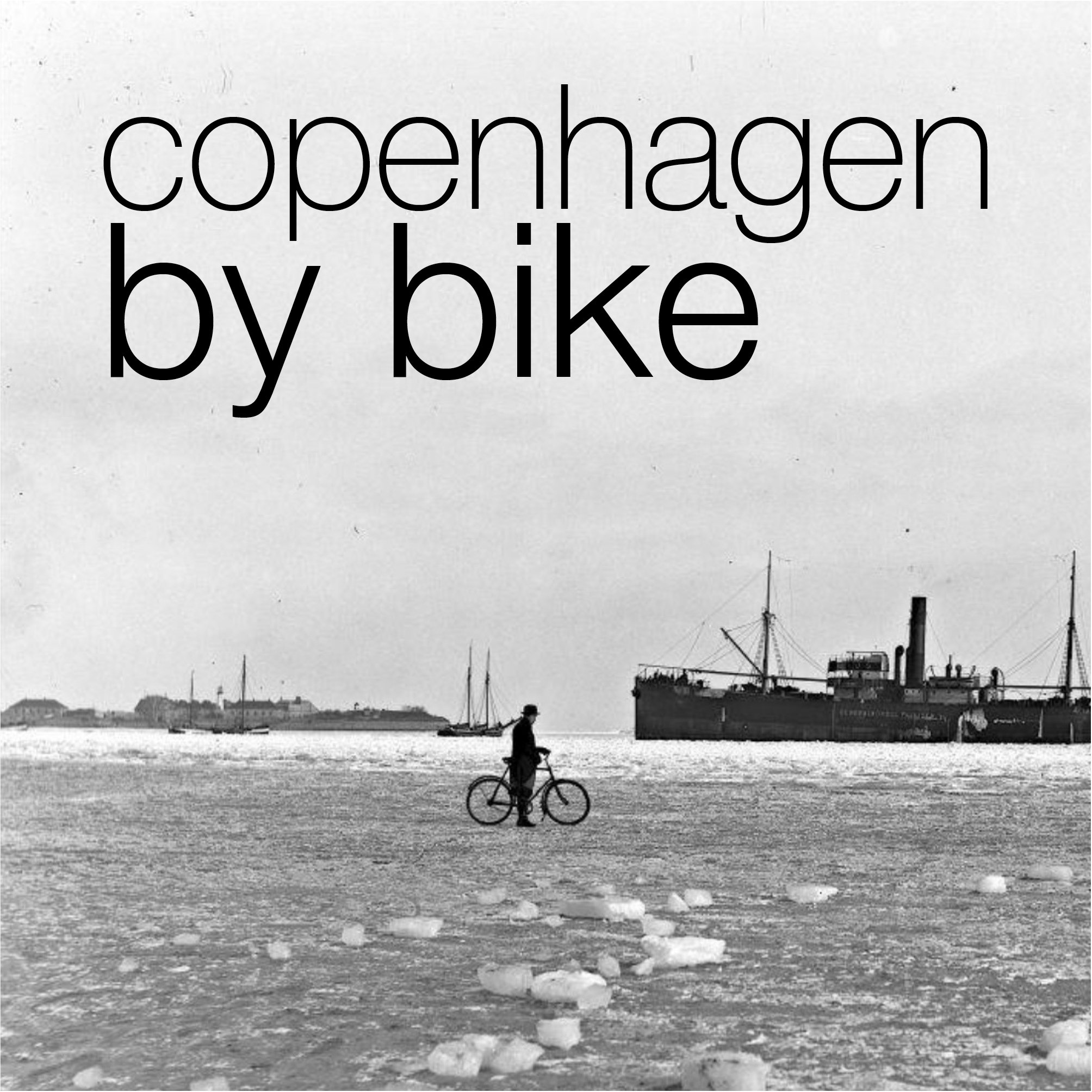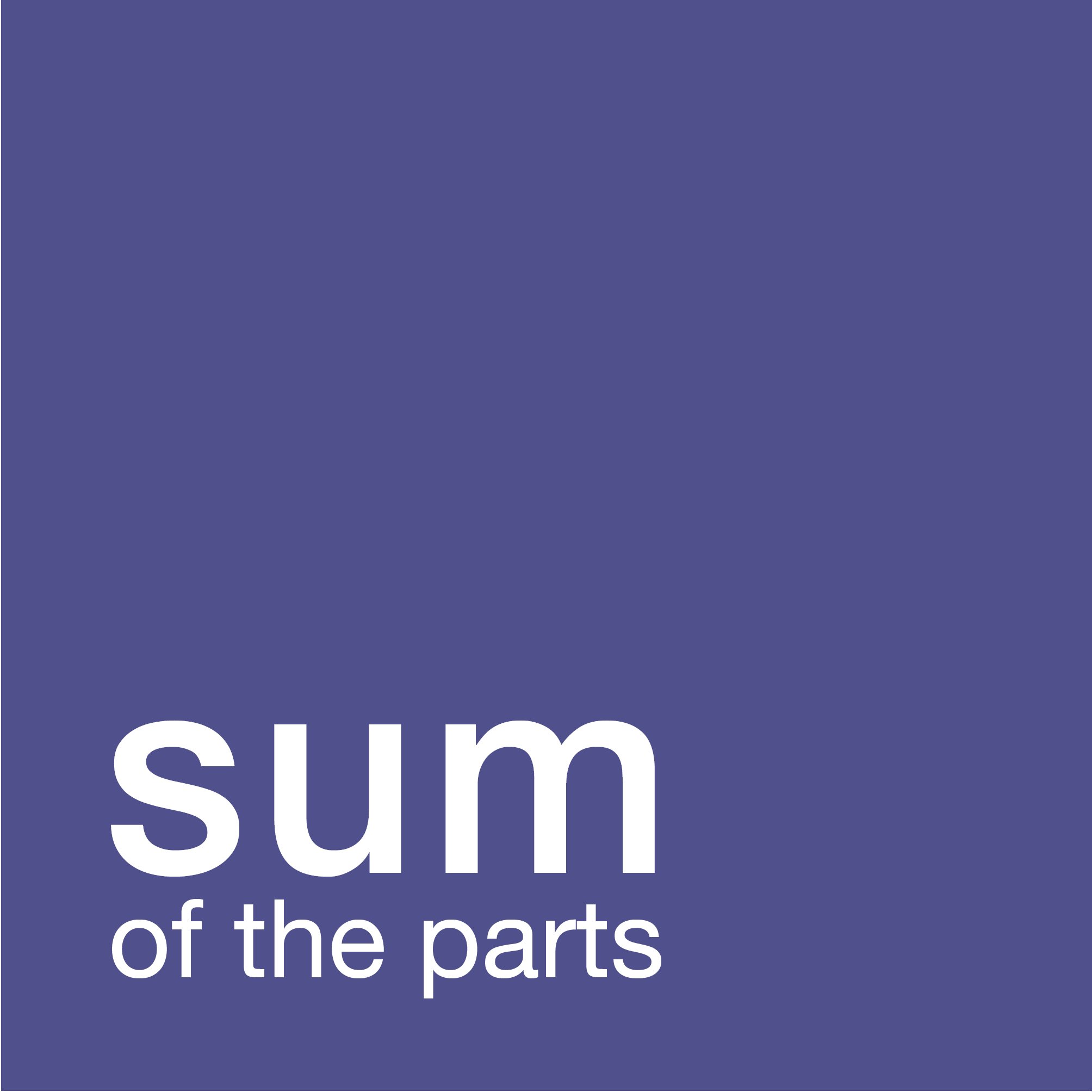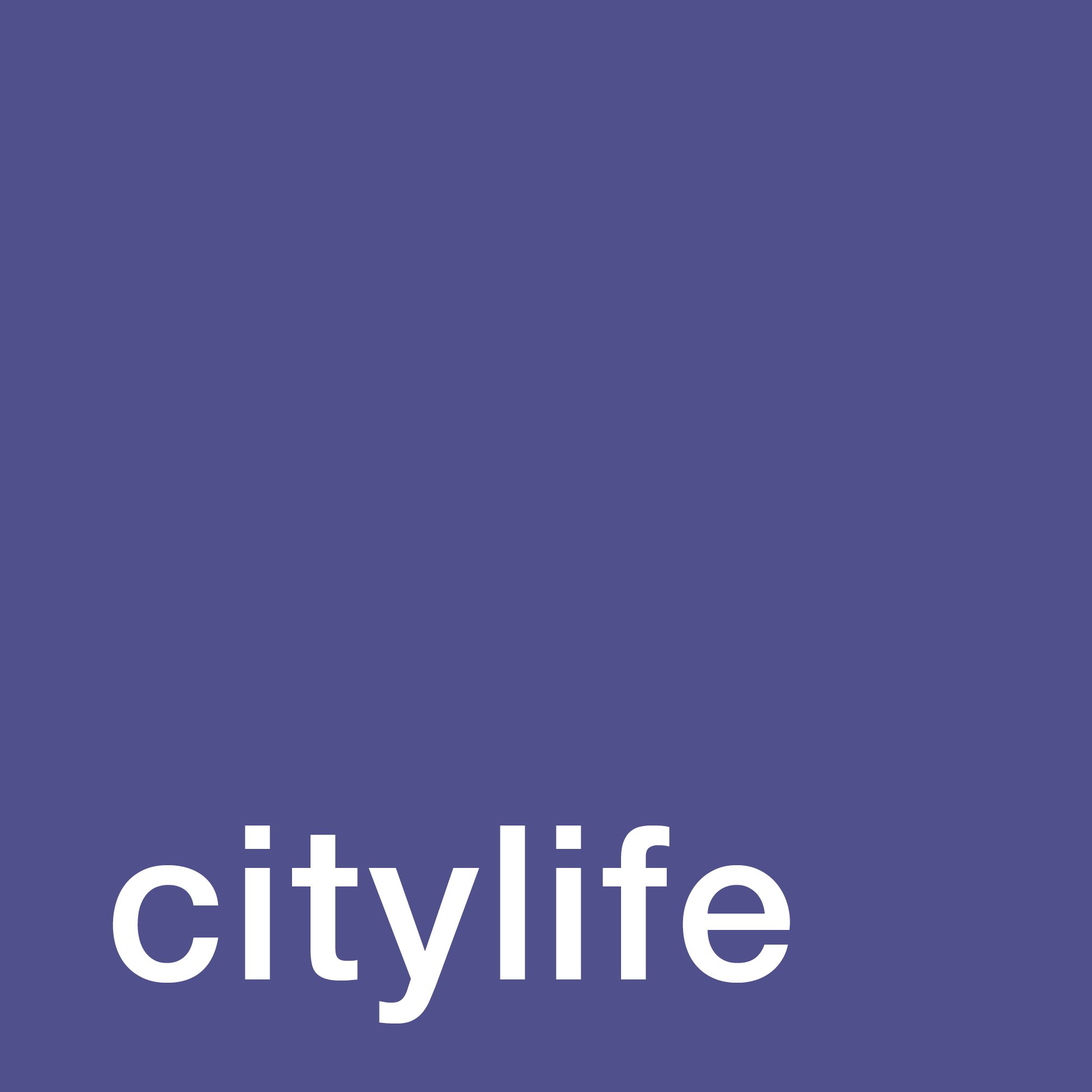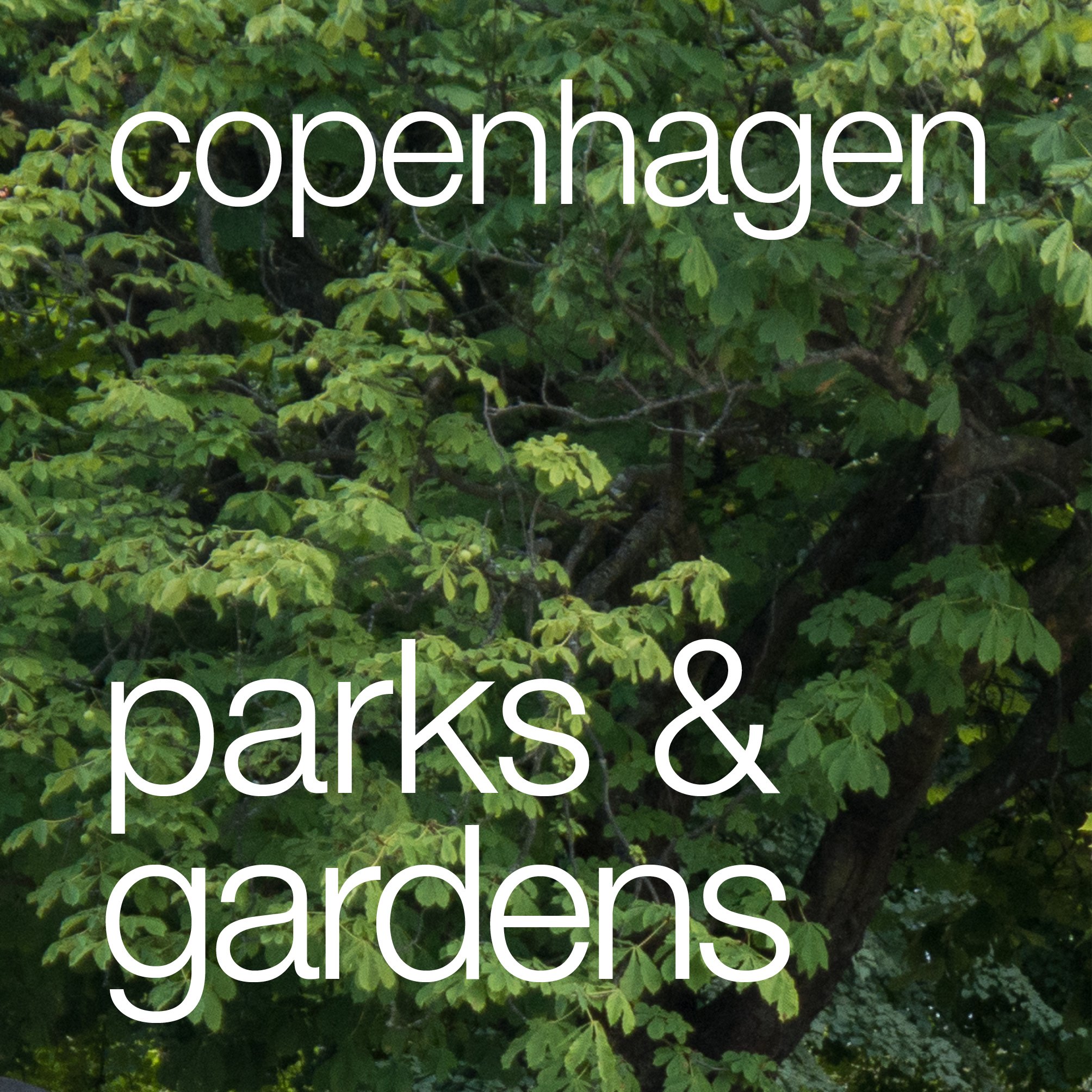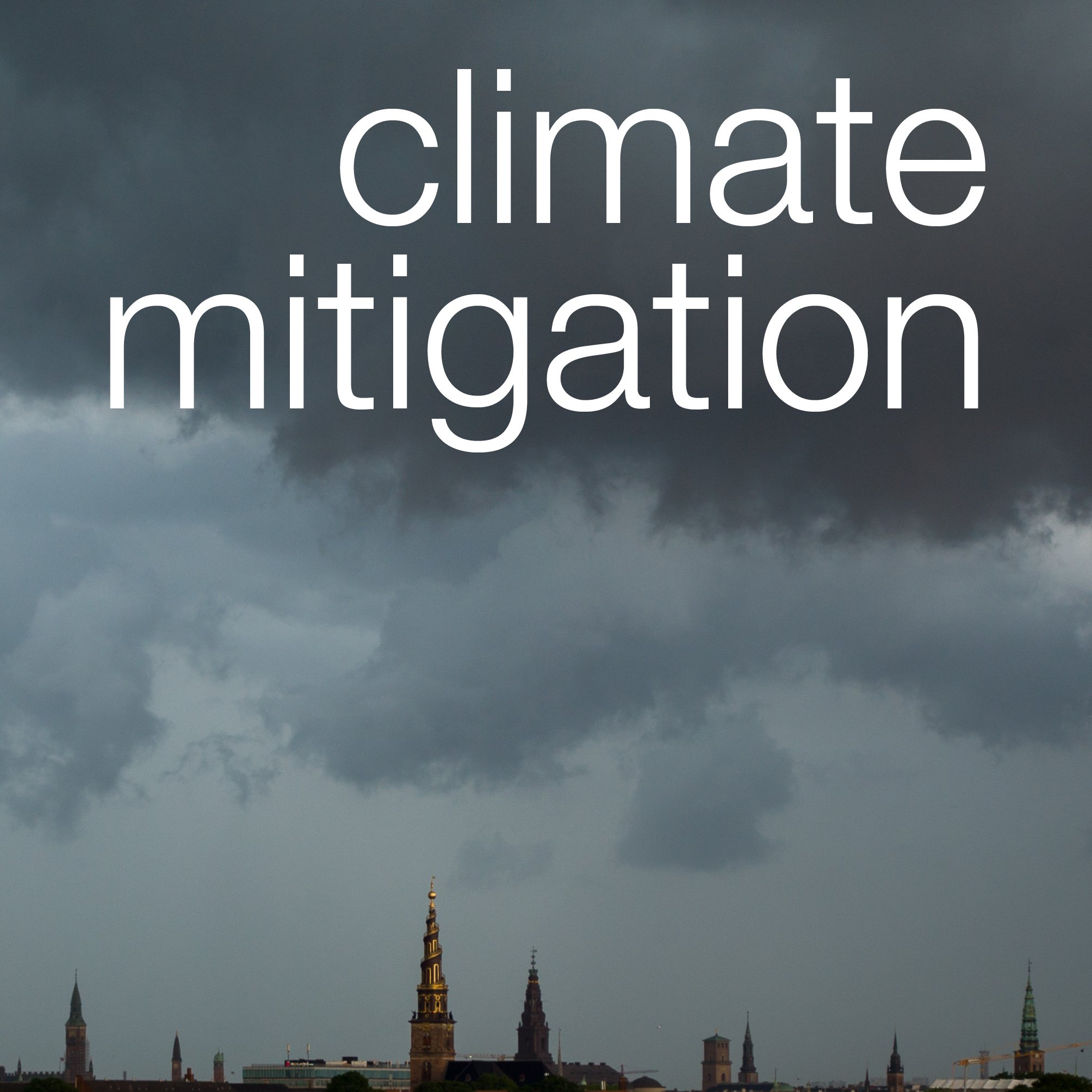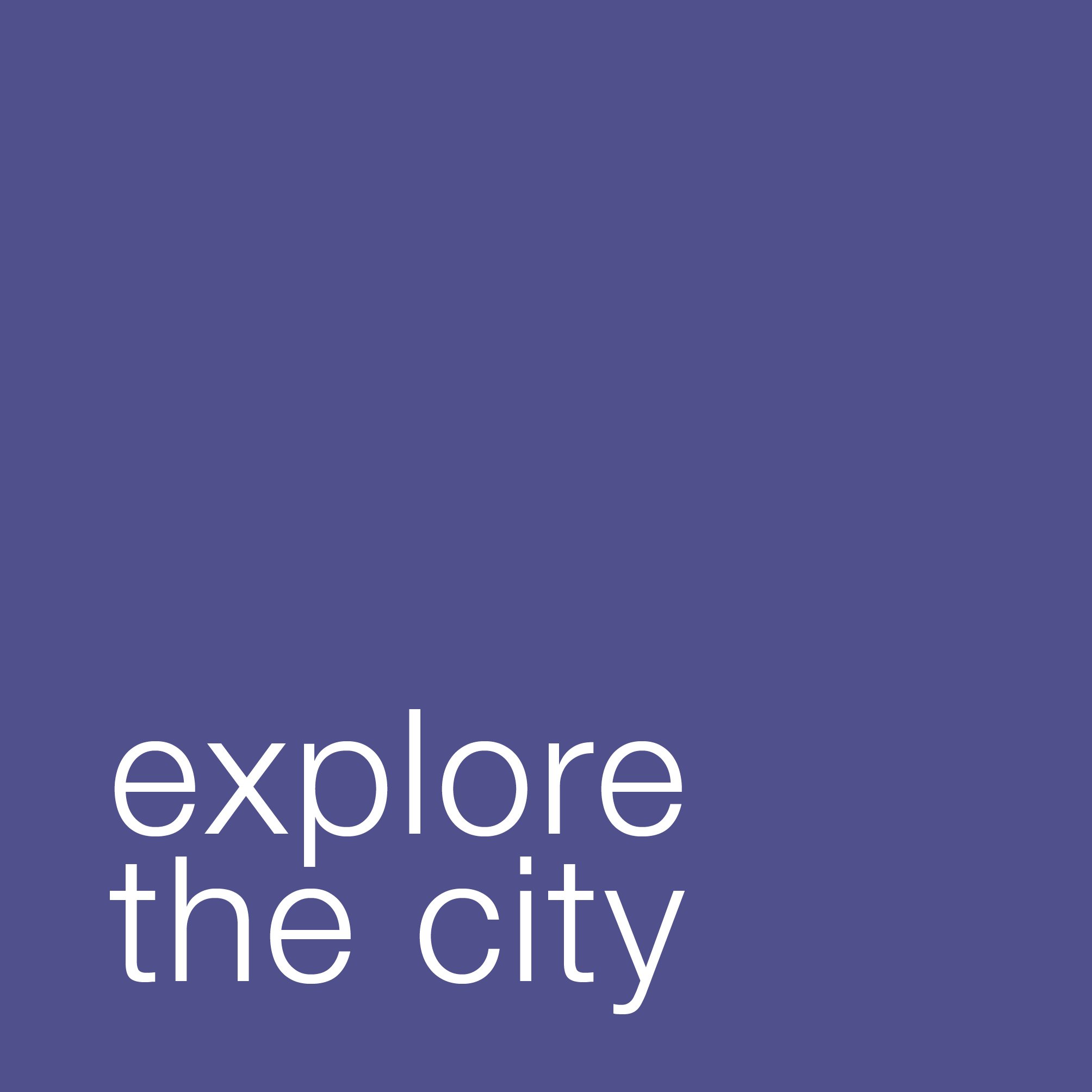Growing Smart Cities in Denmark
/This report from Arup Smart Cities was commissioned by the Danish Ministry of Foreign Affairs and was published in 2016. It makes important points that should be considered alongside a recent report on updating the Finger Plan and a major report on an initiative for the development of the Copenhagen region. Planning for future urban growth has to factor in new technology and the role of smart data.
Growing Smart Cities gives a brief overview of the approach to digital and smart technologies in the Danish cities of Copenhagen, Aarhus, Vejle, and Albertslund and, for context, brief assessments of developments in smart technologies in other countries.
The report identifies a growing number of companies undertaking research and developing projects but one aim of this report is to find ways for these to be scaled up and to find ways to ensure that they are carried forward.
The approach is two-fold, looking first at growing smart Cities in Denmark - so at digital technology for urban improvement and mentions several times the word liveability - but, for obvious reasons, looks at the financial and investment potential of developing these new technologies in Denmark.
There is encouragement for education to address a potential shortage of people with appropriate digital skills with a need to teach a new generation of students who will be qualified when research departments scale up projects - to take them forward - and to work with business who now have to assess long-term returns from what is often considerable investment.
The conclusion is that "Denmark has an opportunity to become a world leader in smart cities."
Obviously Copenhagen is an optimal size with 600,000 people in the city area and about 2 million in the greater metropolitan area - there are mega cities but they have specific problems - concepts developed in Copenhagen could be applied to the vast majority of large cities - but Denmark is also trying out smart data systems in smaller communities. The concern is to make systems work together between different cities and across different systems and different standards.
Generally, people in Denmark already have a proactive approach to the problems of climate change with a positive acceptance of new technical solutions that are being developed - from wind-driven energy to the control of cloud-burst flooding - and the report suggests that there could be a similar and favourable attitude to smart technology.
The report emphasises that Denmark has a strong record for citizen participation which is clearly important. There is a high use of current technology in the country - 85% use the internet every day where the EU average is 65% - and the report cites the example of wind energy - a technology where Denmark is now a world leader.
In fact, Denmark is top of the table in EU countries under five criteria:
Connectivity / Human Capital / Use of the Internet / Integration of Digital Technology / Digital Public Services
It is also interesting that the report identifies that Denmark is strong in design, architecture and technology and education and has a well-developed health system where the benefits of new technology are clear so citizens are receptive to change.
Generally, good urban design is associated with liveability so people should be open to using smart technology if a user-centred approach is taken. There is a caveat. Danes appreciate good design so digital technology should be well received providing it is "simple, easy to use, and unobtrusive."
The report recommends that to encourage the development of smart technology the government has to:
Develop municipal digital governance
Strengthen city collaboration
Clarify standards and regulation
Address public concerns
Communicate the opportunity
download full report from ARUP
related sites:
Copenhagen Solutions Lab
Copenhagen Street Lab
Copenhagen Data
Space 10


